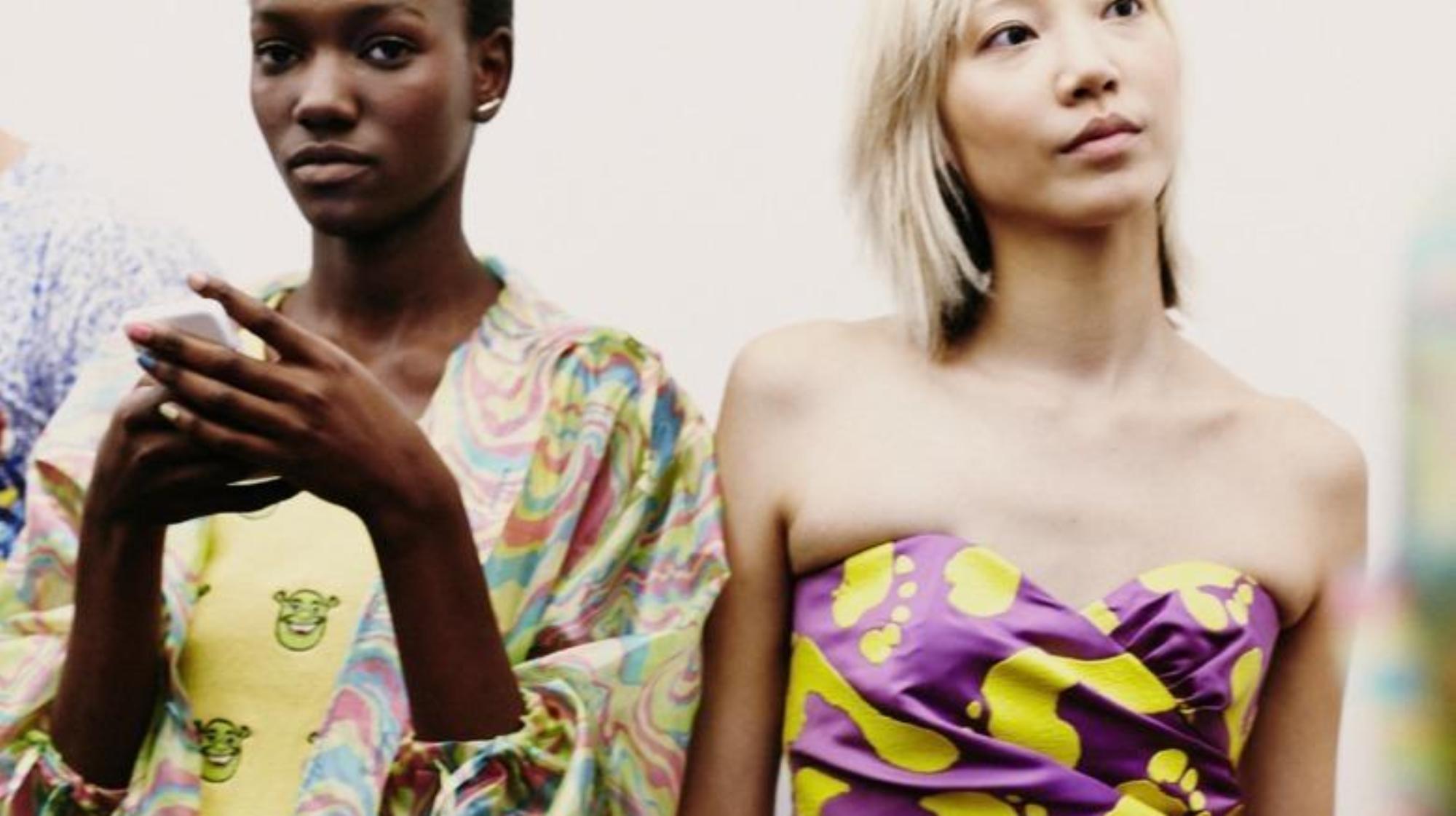From emo LiveJournal communities to Lady Gaga Facetiming HRH Prince William from her kitchen bench, social media can forge the most unlikely of connections. It’s no surprise that young people are using it to talk about mental health. There’s still a lot of social stigma attached to this topic, as Justin Bieber proved when he announced that he was canceling meet and greets due to borderline-depression, and was called “obnoxious” by fans. A new survey from Gaga’s Born This Way Foundation seeks to demystify youth mental health and encourage us to talk about it. Unsurprisingly, an overwhelming majority of people aged 18-24 are using the internet to do so, and for very specific reasons.
The biggest arguments cited in favor of online communication were more connections, personal stories, and professional support. 84% of people surveyed said social media gave them access to people who were facing similar challenges. 77% said it was easier to find personal stories and advice online than in-person. 70% used the internet to message professionals who could offer support. This isn’t because we have no school or college friends willing to listen. Only 5% said they had no one they could go to with a difficult problem, while most had two to five friends they could always count on. One thing that hasn’t changed since the advent of Instagram is that we aren’t talking to our parents quite as much as our parents think.
Obviously the internet is a flawed therapist. Participants cited alternative facts and conflicting information as two of its biggest problems. Also somewhat alarming: despite an overwhelming majority of young people viewing mental health as a very important priority, 36% of high school students are not offered mental health services, and 40% of workers don’t know if their health insurance covers mental wellbeing. But for simply forging personal connections, social media is pretty valuable, whether those connections are with Prince William or a Instagram friend Tennessee. Check out the whole survey here.
Credits
Text Hannah Ongley
Photography Harry Carr
